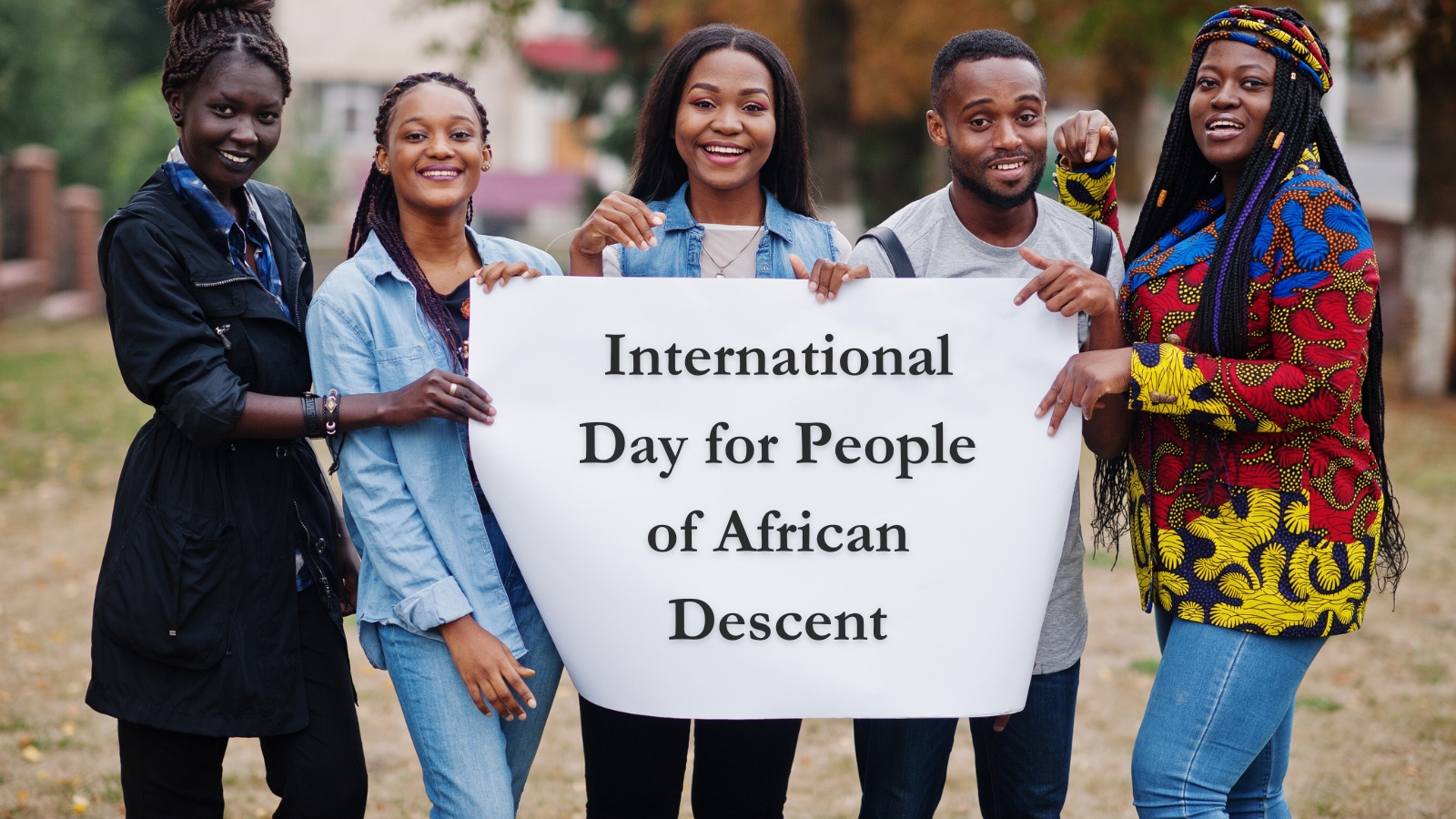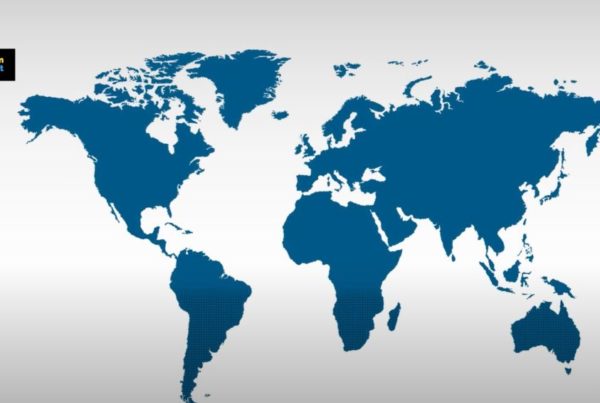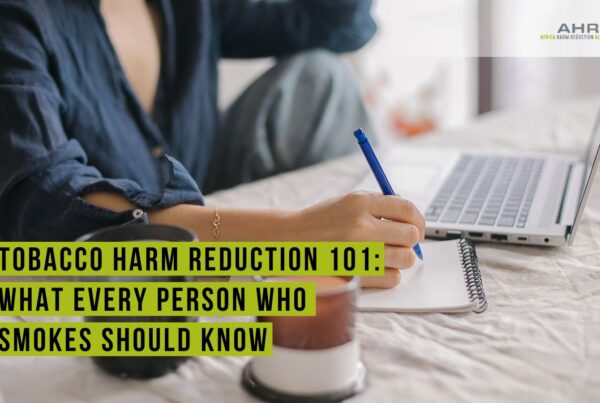The International Day for People of African Descent, observed on 31 August, is an opportunity to acknowledge the important contribution people of African descent make to our societies. The General Assembly proclaimed 2015 to 2024 as the International Decade for People of African Descent, with actions at the national, regional, and global levels.
One of the main objectives of the International Decade is to promote respect, protection, and fulfillment of all human rights and fundamental freedoms by people of African Descent, as recognized in the Universal Declaration of Human Rights.
Coincidentally, August 31st is also International Overdose Awareness Day, marking a worldwide campaign to end drug overdose. With this year’s theme being ‘Recognizing people who go unseen’, it’s important to acknowledge people in the African community who may not be seen because of their addiction.
“The ‘war on drugs’ may be understood to a significant extent as a war on people. Its impact has been greatest on those who live in poverty, and it frequently overlaps with discrimination directed at marginalized groups, minorities, and Indigenous People – Africa being at the heart of it. It has pushed people of African descent into premature death by exacerbating barriers in access to care, ingraining stigma in support services, and pushing people into criminalized survival work.

With the HIV epidemic growing in regions and countries where it is largely driven by injection drug use, and with recent evidence that infections related to injection drug use are now increasing in other regions, including sub-Saharan Africa, the time for leadership is now.
Promoting harm reduction strategies in Africa on International Overdose Awareness Day is a crucial step towards addressing drug-related harms and saving lives. Drug control has had massive costs for the dignity, humanity, and freedom of people of African descent, with reports indicating people of African descent have faced disproportionate and unjust law enforcement interventions, arrests, and incarceration for drug-related crimes.
There is a need to acknowledge and address the causal links between the war on drugs and the spread of HIV/AIDS, drug market violence, and other health and social harms. Today, call for public health bodies within the United Nations system to lead the response to drug use and related harms and to promote evidence-based harm reduction responses. Other bodies, including the International Narcotics Control Board, should be subjected to independent external review to ensure the policies they promote do not worsen community health and safety.
Harm Reduction offers evidence-based strategies that minimize the risk of dying from an overdose. The aim should be to eliminate the existing disparities that people of African descent who use drugs face when it comes to accessing healthcare or basic human services. The current approach to drug use in Africa fuels widespread human rights violations against people who use drugs and places them in harm’s way.
Be it cigarette smoking or drug use, harm reduction approaches have proven to prevent death, injury, disease, overdose, and substance misuse. As an approach, it emphasizes kindness and autonomy in the engagement of people who use drugs.
We must continue to create a better understanding of overdose, reduce the stigma of drug-related deaths, and create change that reduces the harms associated with drug use among people of African descent. There is much more work to be done, and the momentum gained must be sustained.
THR Topics
Popular Posts
Quick Links
Women in THR
Related Posts
 Letter to the World Health Organization (WHO)
Letter to the World Health Organization (WHO)
Letter to the World Health Organization (WHO)
 Public Health implications of vaping in Germany
Public Health implications of vaping in Germany
Public Health implications of vaping in Germany
 Public Health implications of vaping in the United States of America
Public Health implications of vaping in the United States of America








